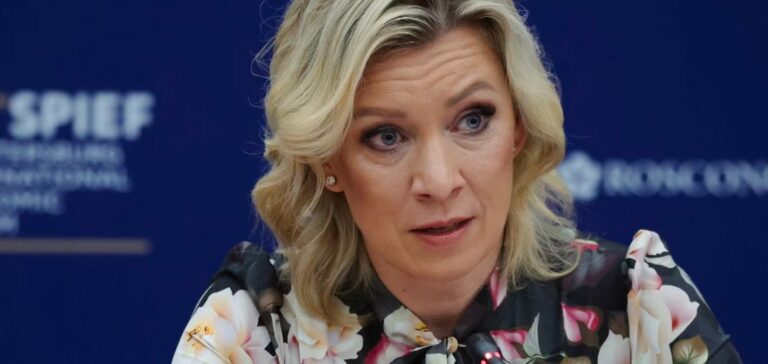Joe Biden must say whether or not the United States is behind the leaks detected on Nord Stream in the Baltic Sea, Russia demanded Wednesday, with the Kremlin pointing to “huge profits” made by U.S. companies that profit from them on the markets.
“The American president is obliged to answer the question of whether the United States has carried out its threat,” Russian diplomatic spokeswoman Maria Zakharova launched on Telegram, referring to a statement by Biden in early February that said Washington would “terminate” Nord Stream 2 if Moscow intervened militarily in Ukraine.
“If Russia invades (Ukraine), then there will be no more Nord Stream 2,” said Joe Biden on February 7, two weeks before the Russian offensive began.
On Wednesday, Maria Zakharova said that the American president “must be responsible for his words”. “Europe must know the truth,” she added, while the causes of the leaks detected on Nord Stream 1 and 2 are still unknown.
Earlier in the day, the Kremlin said it was “stupid and absurd” to suspect Russia of being behind the massive leaks, after Kiev denounced “a planned terrorist attack” by Russia against European countries.
“We see the hysterical reaction of the Poles (and) the huge profits made by American suppliers of liquefied natural gas, which have multiplied their supplies on the European continent,” denounced his spokesman Dmitry Peskov.
According to the Swedish Seismic Institute, two underwater explosions “most probably due to detonations” were recorded near the leaks before they were detected, without determining their origin for the moment.
The Russian embassy in Denmark has also denounced Wednesday in a statement “a sabotage against the energy security of Russia and Europe.
The European Union has promised “the strongest response” to “any deliberate disruption of European energy infrastructure.
Russia is regularly accused by the Europeans of using gas as a “weapon” against them.






















